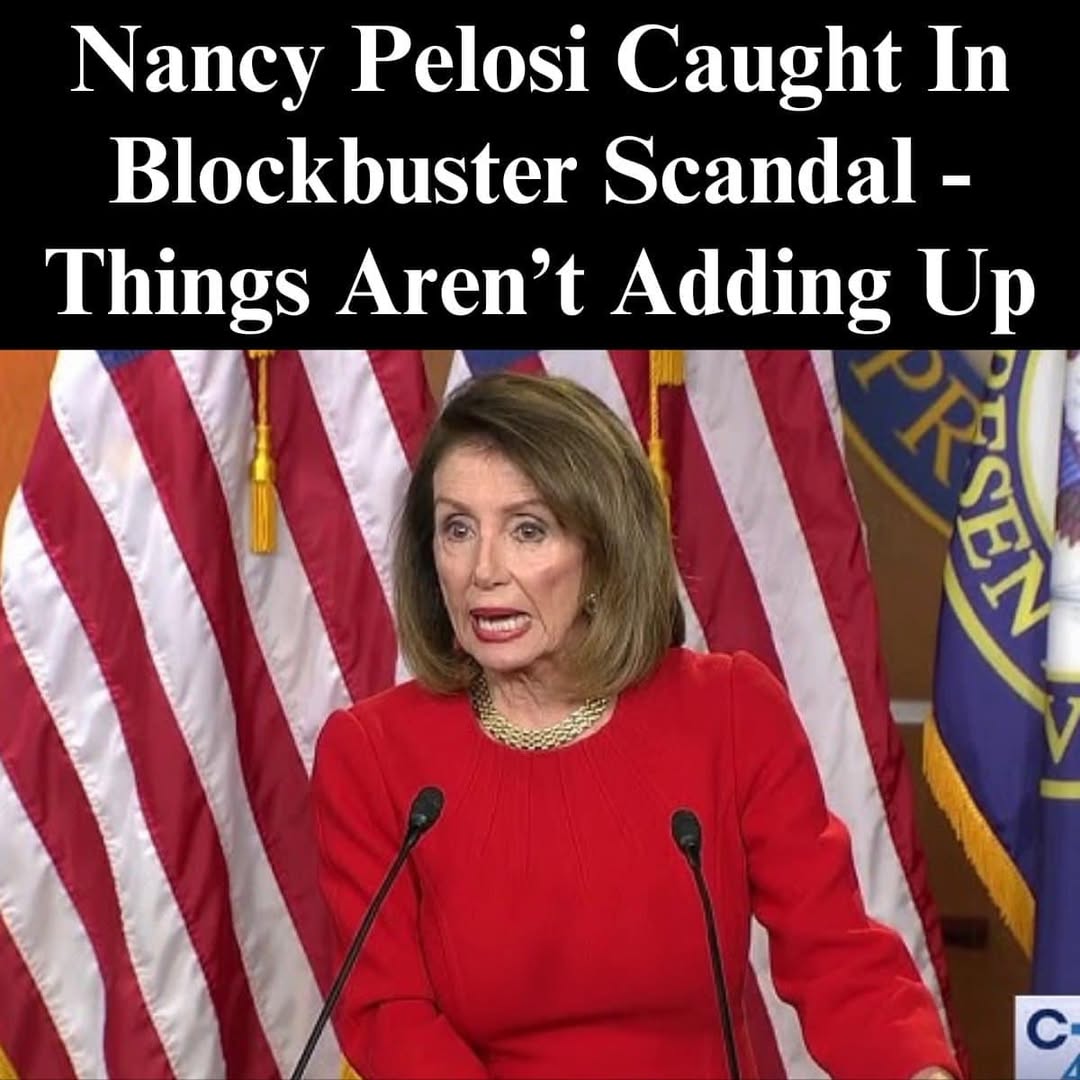Democratic Party Faces Internal Debate After Election Outcome
The recent U.S. presidential election has brought significant shifts to the political landscape, with former President Donald Trump securing victory over Vice President Kamala Harris. The highly anticipated and competitive race unfolded with unexpected turns, leading to intense discussions within the Democratic Party regarding the factors that contributed to the outcome.
As party members assess the election results, various perspectives have emerged about the campaign strategy and leadership decisions. Former House Speaker Nancy Pelosi, a longstanding and influential figure in Democratic politics, has become a focal point in these discussions. Throughout the campaign, Pelosi played a key role in shaping legislative priorities and messaging, influencing the Democratic effort to retain the White House. However, the outcome has prompted some within the party to analyze the effectiveness of these strategies.
Differing Opinions on Party Strategy
Some voices within the Democratic Party suggest that challenges in uniting different ideological factions may have affected voter engagement. Analysts point to the ongoing debate between moderate and progressive wings, emphasizing the importance of clear and compelling messaging to energize supporters. While some believe that a more unified approach could have strengthened the campaign, others argue that external factors, including economic concerns and broader voter sentiment, played a significant role in the election’s outcome.
Additionally, discussions have arisen regarding the Democratic legislative agenda leading up to the election. While many acknowledge Pelosi’s extensive record in Congress, some have debated whether the party’s platform sufficiently addressed pressing concerns for voters. At the same time, others highlight the complexities of navigating diverse political perspectives while maintaining party cohesion.
Continue reading on next page…

